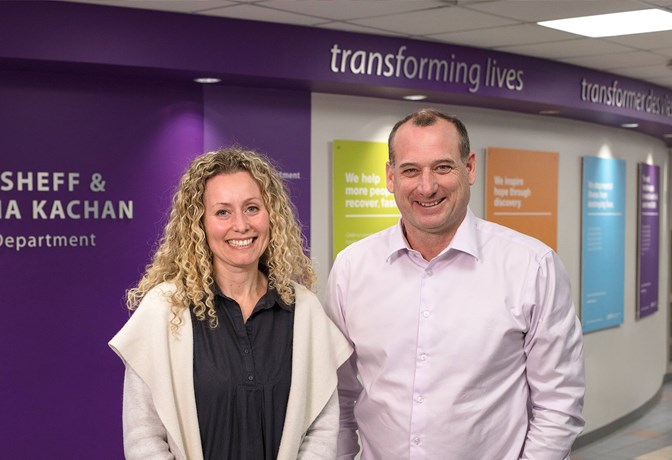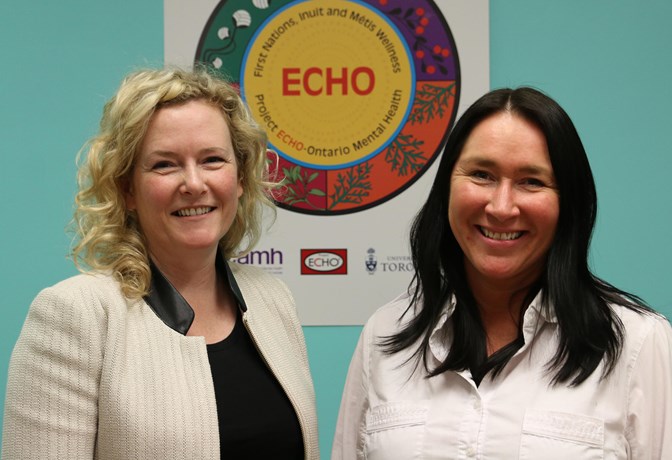Canada is experiencing an opioid crisis. Today, opioid overdoses account for more deaths than automobile accidents. CAMH is responding to this public health emergency by bolstering its Opioid Overdose Prevention Strategy to include:
- Supplemental training for over 120 staff in our addiction outpatient services;
- New educational material created for patients and staff on overdose prevention;
- Medication reviews for complex patients by a dedicated Opioid Overdose Prevention Initiative Pharmacist; and
- Increased pharmacist support for outpatients, including easier access to Naloxone kits.
“We want to make Naloxone available to anyone who wants it,” says Advanced Practice Pharmacist Maria Zhang. “There are so many people who would benefit from having a Naloxone kit who don’t have one.”
The goal is to make Naloxone as stigma-free as an EpiPen, and a standard part of every opioid user’s first aid kit, including those taking opioids by prescription as directed by their doctor.
Zhang believes making pharmacists a core part of the overdose treatment team will improve outcomes.
“Traditionally I don’t think people perceived pharmacists as harm reduction experts, but if you think of the most accessible health care provider in the community, it’s probably the pharmacist.”
Another aspect of the team concept in overdose prevention is the non-judgmental support of family and friends.
“As much as we are focused on our patients, we very much want to reach out to family members and loved ones. They are the ones who are going to be giving them the Naloxone,” says Advanced Practice Clinic Leader (Nursing) Alison Watson.
“Tell someone that you are using. Tell someone where you are going to be. Don’t use alone. This is a relationship-building intervention between our patients, our therapists and the other people in their lives.”




